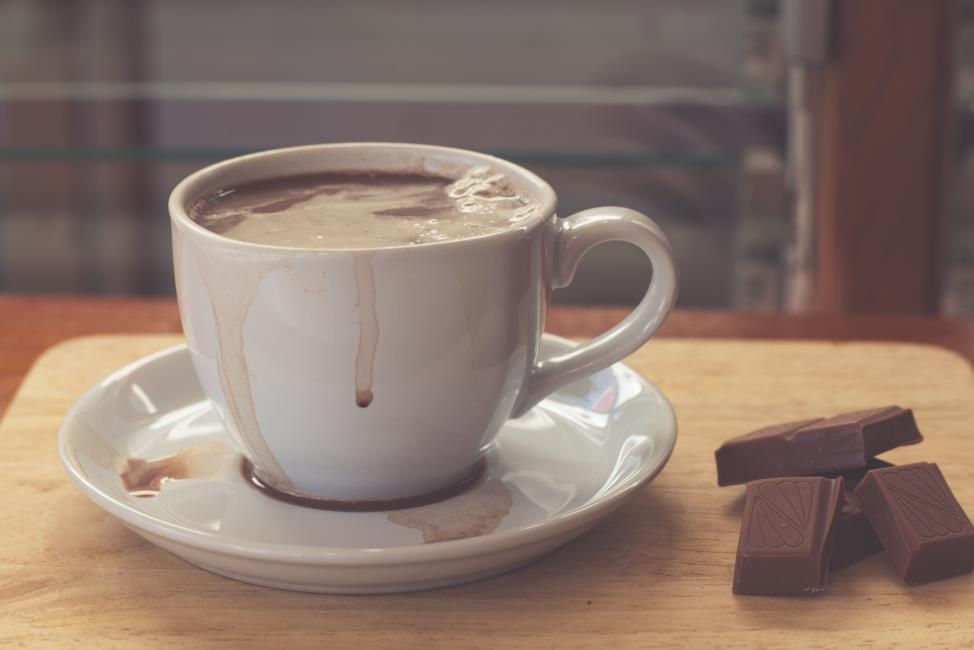Another Complicated Three-Letter Word: How to Use "Use"
As with many things in life, the seemingly easier words in English are often the ones which cause non-native speakers the most trouble. “Use” is a word that crops up regularly in the English language, and it rarely causes the fluent speaker much trouble. However, it can be employed as both a verb and a noun and has many different applications that can make it difficult to know when to include it correctly.
Note that, when the word is used as a verb, the “s” is pronounced like a “z”. When the word is used as a noun, it is pronounced to rhyme with “juice”.
To Use
The most popular and simplest meaning of “use” is the act of accomplishing a task with some sort of tool. For example, you use a fork to eat your dinner, or you use a cloth to mop a spill. It is a present tense word to describe how you currently do things, which then of course can be changed to different tenses.
- I used a pen to write my note.
- I use the font Times New Roman when writing essays
- I will use my gift card at the restaurant tonight.
At the bottom of this post, you’ll find more information about specific ways you can use the word “use.”

Used To
However, “use” is a very versatile word, and the phrase “I used to” has a very different meaning. It refers to past actions that you did regularly but that you no longer do.
- I used to enjoy a hot chocolate before bed, but now I prefer a glass of water.
- She used to have long hair, but she recently had it cut off.
- They used to be close friends, but then one of them moved away.

To Be Used To
The expression “to be used to something” also carries the idea of past actions or things that have happened before, but suggests that the speaker is familiar with these actions, is relatively okay with them, and is expecting them to continue.
- I am used to waking up at 6am.
- 6am is the time the speaker usually wakes up.
- They are used to travelling in first class
- This sentence leads us to conclude that the subjects prefer to fly in first class seats.
- He wasn't used to speaking English every day until he moved to Canada.

Other Uses
There are many other ways to include the word “use” in your speech. Here are some other examples:
Verbs:
- Use = to need or require
- You look like you could use some more sleep.
- He could use some help putting up that shelf.
- Use or use up = to consume or finish off
- You can use up all of the milk.
- Did they use all of the money?
Nouns:
- Use = ability or act of utilising something
- When my flatmates aren’t home, I enjoy full use of the kitchen without having to share things.
- Why not put your books to good use and study for your test?
- Use = the purpose of an object
- Coconut oil has many beauty and culinary uses.
- Does that wall switch have a use?
- Use = value or reason (usually used in the negative)
- He tried his best, but it was no use.
- There is no use trying to persuade me otherwise.
You can also make yourself useful, which means to be helpful through an action. And an object can be useful if it helps you to complete a task. The opposite of this is useless, which means that a person or object has not been helpful at all. Hopefully this post has been very useful, and not useless, and you’ve been able to put it to good use!
Related posts

